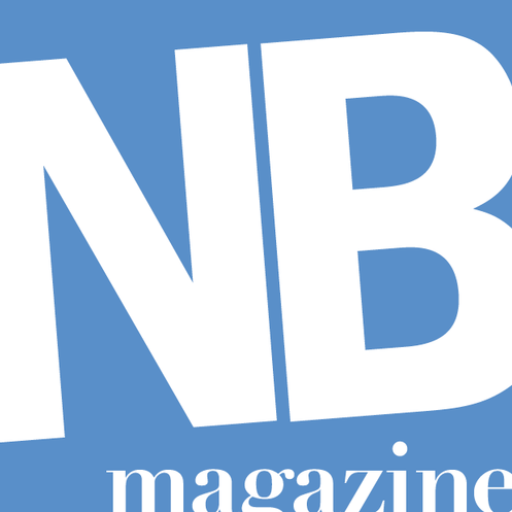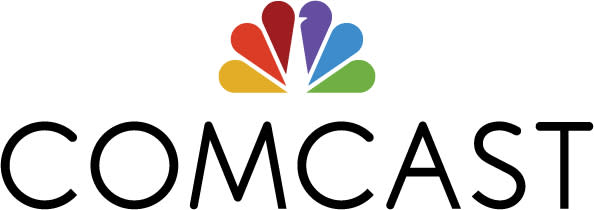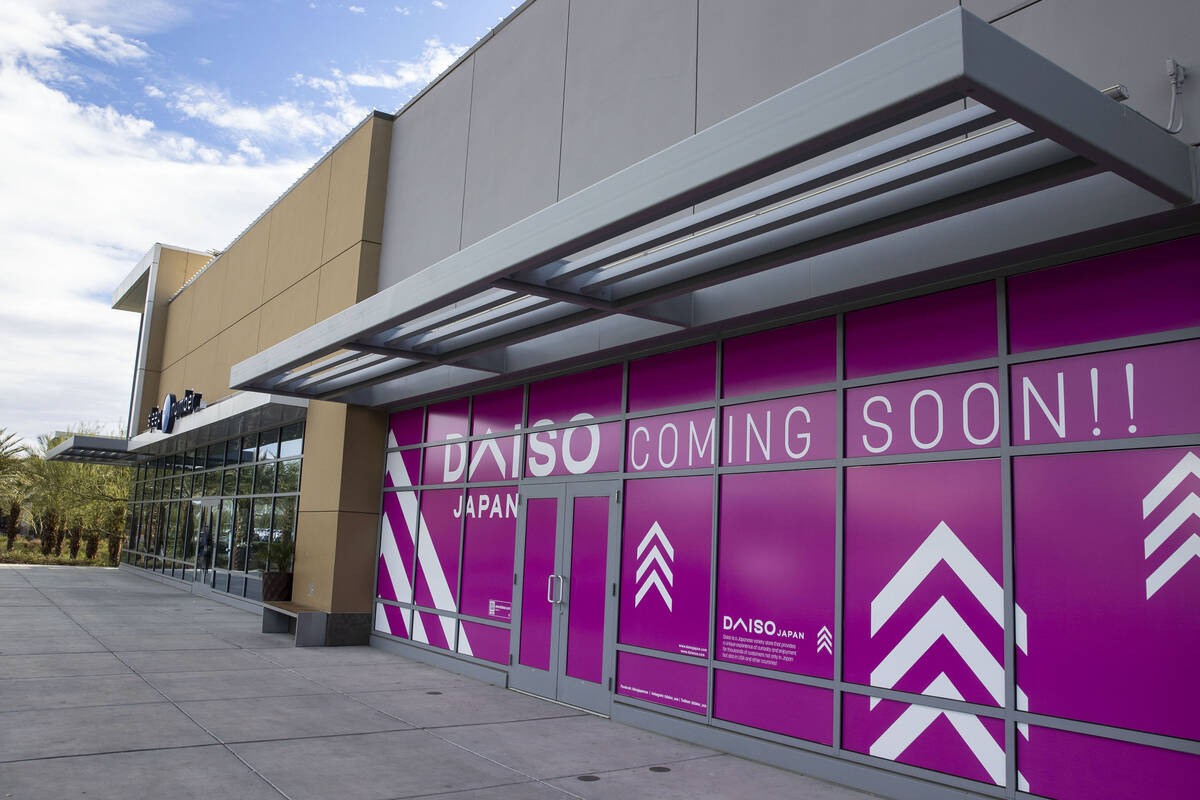It happened more than 21 years ago, but veteran NFL agent Leigh Steinberg still vividly remembers it.
“When I got to the Las Vegas airport, someone came running up and said, ‘Show me the money,’” Steinberg said with a laugh. “It never stops.”
Probably never will.
Steinberg was the inspiration for “Jerry Maguire” and is associated with the iconic line of the 1996 film to this day. He returned to Las Vegas last week to speak at the Powerteam Success Summit and share some of the lessons he learned negotiating more than $ 4 billion in contracts over five decades.
The 72-year-old spoke to the Review Journal about how the sports business has developed and how Las Vegas has become a Mecca for sports.
Answers have been edited for length and clarity.
RJ: You are a legend in this business. In your opinion, how has your job developed over the course of your career?
Steinberg: The amount of sports programs is exponentially greater. The NFL team that made $ 2 million on their national television deal in 1975 is now making $ 200 million. You have this massive source of income that is revolutionizing everything.
Then there is the construction of new stadiums, arenas that have all of these additional sources of income. Luxurious boxes and premium seats and jumbo display boards as well as sponsorship and naming rights.
Then you have the development of new ways to connect fans more closely to the sport, so we have the development of fantasy sports with 40 million people playing fantasy football.
And then, of course, gambling. So if Rip Van Winkle had fallen asleep when I started first picking Steve Bartkowski in 1975, he would have been in culture shock when he woke up today.
RJ: How have you adapted in this regard in your work with your customers?
Steinberg: The first thing to think about is the advent of social media and the fact that athletes can directly control their own message. The yardstick for assessing athletic popularity is the number of followers they have on Twitter and Instagram. You have athletes who produce their own content.
It’s both a revenue-generating opportunity and a higher profile, but there is also a danger that the universality of a message, negative or incorrect, can damage an athlete’s image.
We are pushing ahead with the concept of a role model in sport. It can also be messages. I worked with heavyweight champion Lennox Lewis in boxing, and he put out a public notice that said, “Real Men Don’t Beat Women.” This can do more to change youthful rebellious feelings about domestic violence than 1,000 figures of authority could ever do.
RJ: In 2021, athletes will have more influence on their careers than ever before. How has that affected the business?
Steinberg: I think it’s more like basketball and baseball because of the way their free agency works. The free agency enables them to be the buyers for the ideal opportunity.
The football-free agency has never worked like this. The most valuable players in these sports have long-term commitments and must never be close to the end of their contracts. You always had the power within.
You are looking at Russell Wilson. He always had the power to speak to his trainer or general manager. You would be foolish not to consider what your critical players are saying. They always had the power to talk about staff or plans. But the best way to get traded or improve a situation is not to say anything publicly.
Behind the scenes, players can do things in football, but not in the open way that happens in the other sports.
RJ: When you return to Las Vegas, what do you think of the city as a professional sports market?
Steinberg: Vegas has grown up. What people who come here for vacation don’t know is that there is a huge local population and residency. If you were trying to convince someone that ice hockey in the desert is a good choice, they might have laughed. But the Golden Knights were one of the best-marketed teams in sports marketing history, and this community has embraced them.
Now suddenly there is a brand new stadium and soccer team. The truth is that Las Vegas has grown from a tourist destination to a sports center in America. It will be expanded further. I have no doubt that there will be a baseball team and an NBA franchise here at some point.
This has always been a glamorous city, but now there are quite a number of resident teams who have made it their home. I think it’s getting livelier and more exciting.
RJ: What do you think makes this market special for the NFL when fans can attend games?
Steinberg: I think it will be an immense profit center. Here, like in Los Angeles, people vie for the most expensive, high-quality ways to watch games. You will have no problem selling luxury boxes and suites.
As the pandemic subsides, there was already a crowded arena for the Knights, but there will be a crowded stadium for the Raiders. It adds a large metropolitan area that has avid sports fans.
Contact reporter Sam Gordon at sgordon@reviewjournal.com. Follow @BySamGordon on Twitter.













